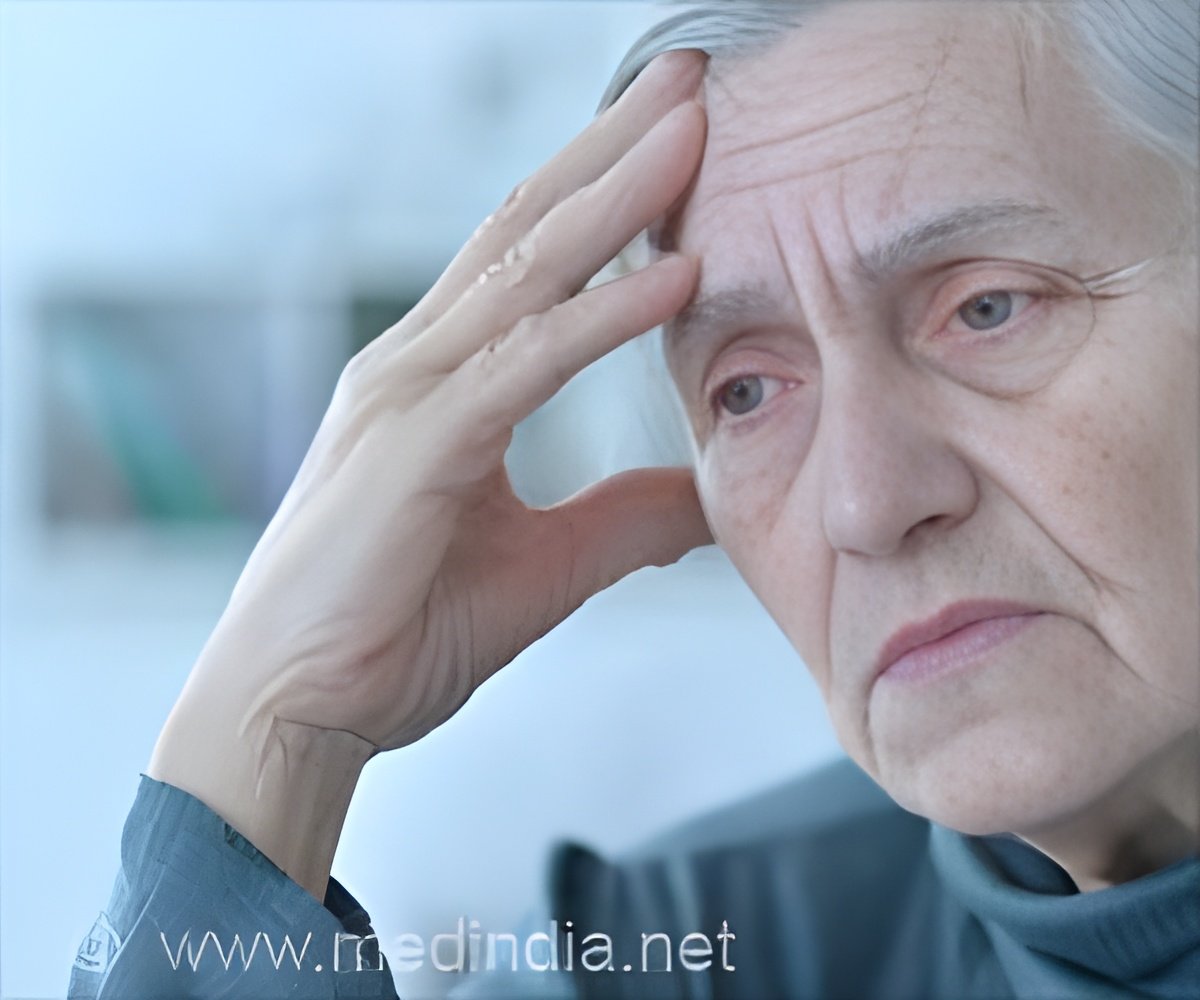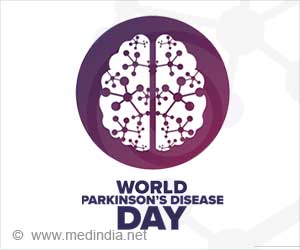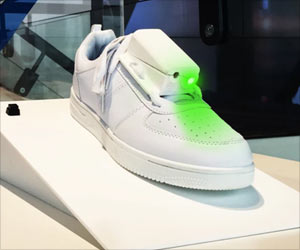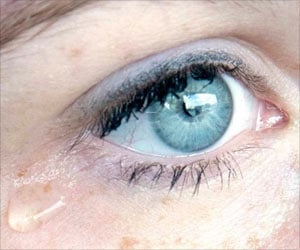Patients' own stem cells to replace damaged dopamine cells in Parkinson's disease, offering new hope.

‘Did You Know?
scientists are testing a patient’s own stem cells to reverse Parkinson’s. #parkinsons #stemcells #medindia’





scientists are testing a patient’s own stem cells to reverse Parkinson’s. #parkinsons #stemcells #medindia’
Advertisement
New Hope for Parkinson’s
A new Phase 1 clinical trial at Mass General Brigham is testing a groundbreaking Parkinson’s treatment. It uses a patient’s own stem cells to replace damaged dopamine cells in the brain. This first-of-its-kind autologous stem cell transplant is based on research from McLean Hospital’s Neuroregeneration Research Institute (NRI). So far, three patients have been treated at Brigham and Women’s Hospital. The trial includes six participants, tracking their progress for 12 months to ensure safety and effectiveness. If successful, researchers plan to expand the study in Phase 2A. This approach uses stem cells taken from the patient’s own blood, reprogrammed into induced pluripotent stem cells (iPSCs). These iPSCs transform into dopamine-producing neurons, replacing lost brain cells. This method eliminates the need for immunosuppressive drugs, compared to the donor cell implants, making it safer. If proven effective, it could revolutionize Parkinson’s treatment.Advertisement
Why This Study Matters
Cell replacement therapy for Parkinson’s restores lost dopamine neurons, offering a new treatment option beyond current methods. Dr. Ole Isacson, a neurology professor at Harvard Medical School, has spent 30 years pioneering this research. His work laid the foundation for this clinical trial. Isacson is thrilled to see his lab’s research turn into a real treatment for patients. He believes this breakthrough could lead to new therapies for other brain diseases. By replacing damaged brain cells, this approach may transform Parkinson’s treatment and beyond.Advertisement
A Step Towards a Cure?
Under Dr. Ole Isacson’s leadership, the NRI at McLean developed and patented a stem cell-based therapy for Parkinson’s. Their research began in 2002 and showed success in 2010 using human iPSC-derived dopamine neurons.In 2015, Isacson’s team proved the long-term safety and benefits of this therapy in a Parkinson’s animal model.The U.S. FDA approved the trial on August 23, 2023, allowing the first-ever test of autologous dopamine neuron therapy.The first patient was treated on September 9, 2024, at Brigham and Women’s Hospital.A team of neurologists and neurosurgeons from Mass General Brigham and Harvard Medical School are leading the study.Isacson, as the technology's patent holder and co-founder of Oryon Cell Therapies, is not directly involved in the trial.Dr. Kerry Ressler of McLean Hospital praised the achievement, calling it a true "bench-to-bedside" innovation.This is the first trial using blood-derived iPSC dopamine neurons for Parkinson’s, funded by NIH’s NINDS through the CREATE Bio grant.Source-Mass General Brigham













